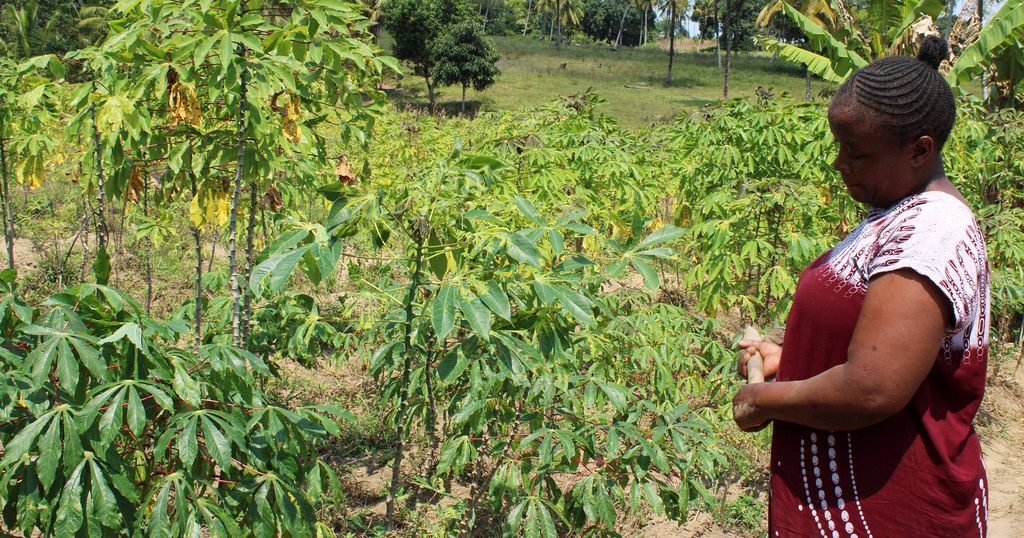A recent study in rural Kenya has shed light on the potential effects of climate change on mental health, particularly among women in farming communities. Ahead of World Mental Health Day, the research, conducted by the Aga Khan University’s Brain and Mind Institute, surveyed nearly 15,000 women and found concerning signs of increased suicidal thoughts linked to droughts and heat waves.
In Kaloleni, Kilifi County, farmers like Elizabeth Amina Kadenge are struggling to cope with unpredictable weather patterns. Kadenge, a 41-year-old mother of three, has been farming on her three-acre plot for decades, but recent harvests have been unreliable. She has switched from maize to cassava, a more resilient crop, but notes that the change has brought its own set of challenges, including a longer waiting period for harvest and increased expenses for food.
The study, led by data scientist Jasmit Shah, used standardized questionnaires to assess the mental health of women in rural farming communities. The survey found that droughts and heat waves are associated with higher levels of suicidal thoughts among the women. Shah emphasizes the importance of addressing mental health in the context of climate change, particularly in vulnerable communities.
Climate change has exacerbated the already challenging living conditions in Kaloleni, one of Kenya’s poorest areas. Community Health Promoter Humphrey Kitsao, who has been working in the area for 18 years, notes that farming incomes have decreased, and households are struggling to make ends meet. Zul Merali, director of the Brain and Mind Institute, highlights the multiple dimensions of climate change, including the impact on food prices and the pressure on women to ensure their families are fed.
The study’s findings underscore the need for a comprehensive approach to addressing climate change, including both agricultural and mental health support. Mercy Githara, mental health and psychosocial manager at the Kenya Red Cross, emphasizes the importance of integrating mental health into climate-resilient solutions and policies. The Kenyan government’s Community Health Promoters program, which includes mental health training, is a step in the right direction.
As the world marks World Mental Health Day on October 10, the study’s findings serve as a reminder of the critical need to address the mental health impacts of climate change, particularly in vulnerable communities. By acknowledging the link between climate change and mental health, we can work towards developing more effective solutions to support those affected.
